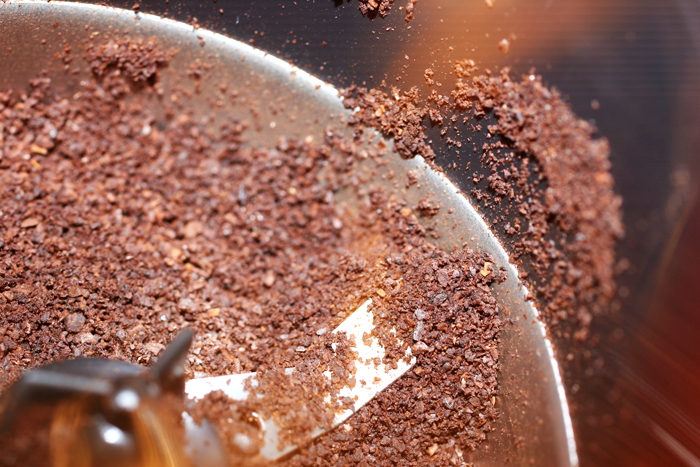If part of your morning routine involves caffeine in a cup, you may be interested to know about a new research project that uses coffee grounds to improve concrete.
It’s very unlikely that you don’t already know this, but concrete is a big deal.
We produce over 4 billion tons of the stuff a year.
But there are environmental concerns about the stuff, since it takes a lot of resources to produce, especially tons of sand.
Meanwhile, the coffee-drinking world is producing tons and tons and tons of coffee grounds every day, many of which end up in landfills.
A team at the engineering school at RMIT University in Australia wanted to see if they could help address all of these issues by substituting old coffee grounds for some of the sand when making concrete.
And the answer is, yes, this can be done, though there is a pretty important extra step along the way.
After testing a bunch of different ideas, the scientists found that the coffee grounds would bind well with the other concrete ingredients as long as they underwent pyrolysis first.
Pyrolysis is a low-energy, non-oxygen-based way of heating the grounds until they turn into what’s called biochar.
That process not only allows the grounds to bind to the rest of the concrete, it actually makes the finished product almost 30 percent stronger than standard, non-coffee-grounded concrete.
And plus, the composite version is a lot more lively first thing in the morning!
Not many of us can reproduce the world’s great artwork, no matter how long or hard we try.
But a new website gives you the chance anyway.
It’s called Clone-a-Lisa, and it gives you a blank canvas, a set of colors, and 60 seconds to create your own version of La Gioconda.
Just so you know, da Vinci took four years to do his version of the Mona Lisa!
Scientists strengthen concrete by 30 percent with used coffee grounds (Engadget)
Can You Reproduce da Vinci’s Masterpiece in Under 60 Seconds? Try With Clone-a-Lisa (Colossal)
Our Patreon backers fuel this show every day
Photo by Stephen via Flickr/Creative Commons

